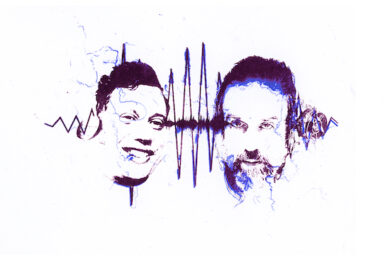There is something otherworldly about hot summer days in Poland. Perhaps it is the sun-warmed air that alters the perspective, the scent of hay and herbs, ubiquitous insects, and the songs of the scythe that an atmosphere approaching the mystical. Perhaps it is connected to the famous Slavic melancholia, characterised by a profound sense of nostalgia, introspection, and a longing for something elusive or unattainable. This melancholic disposition is often portrayed as an inherent part of the Slavic soul and has been a recurring theme in Slavic literature and artistic expression. What makes it all even more strange is that the more beautiful a summer’s day it is, the more melancholic we become. This month’s Organic Intelligence is a selection of music by contemporary Polish artists that take my mind into this idea of summer melancholia and magical realism in literature or painting.
You can listen to playlists of this edition of Organic Intelligence on Spotify, Apple Music and TIDAL
Miłosz Kędra – For Aeons
The latest release from the Ciche Nagrania label is an album by the composer Miłosz Kędra from Poznań. Called For Aeons, in it he draws inspiration from medieval stylistics, infusing them with a futuristic vision …





